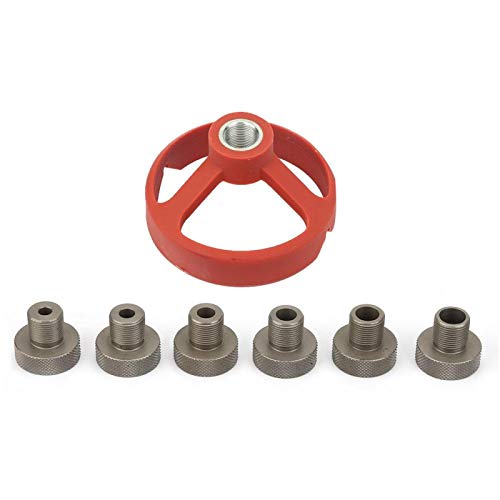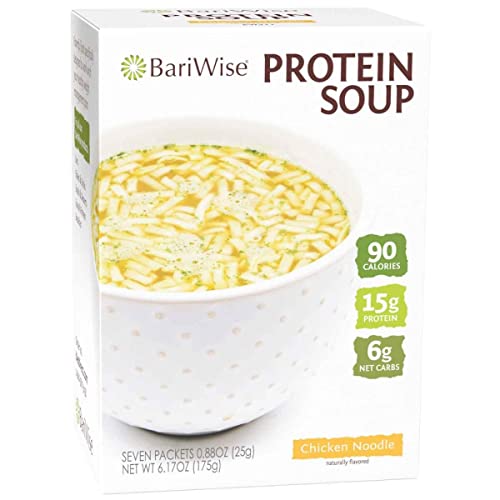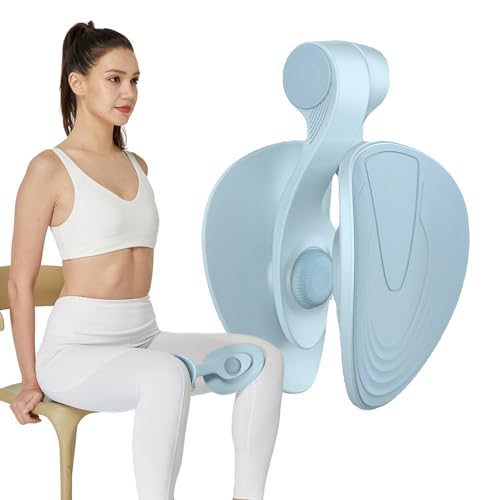I remember tracking fluid and then protein intake but only the first month or so post-op. when I started tracking food it was so little - I was always under 400 calories- that I ended up giving up. I tried "daily plate.com" for that and considered just jotting down things with paper and pen.
what have others done about this? I am thinking about at least tracking things I mean to increase, such as fluid. (one of the reasons I hate my job is there isn't time to use the bathroom!!) this is for an over-all more healthy lifestyle, not some temporary "diet", BTW!!
what have others done about this? I am thinking about at least tracking things I mean to increase, such as fluid. (one of the reasons I hate my job is there isn't time to use the bathroom!!) this is for an over-all more healthy lifestyle, not some temporary "diet", BTW!!











































